RemA resources
International Trade
Rising demand for recycled materials is essential for the health of the planet and for the global economy. By providing a resilient source of raw material, recyclers help keep supply chains moving and preserve natural resources.
Through the process of buying and selling, valuable recycled material moves to where there is demand. It becomes essential feedstock utilized in the manufacturing of new products worldwide. More than 800 million metric tons of valuable recycled materials are consumed worldwide each year.
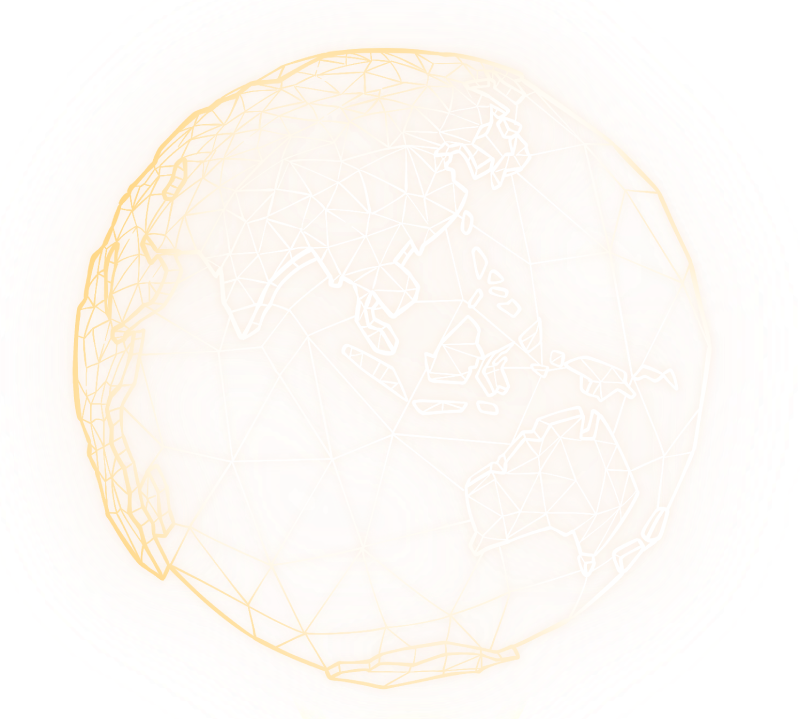
Trade and Tariffs: Your Source for the Latest Information
Members Only: Trade information is changing hour by hour. Only ReMA members have access to the most up-to-date information on how these changes impact all businesses involved in the recycled materials industry and across the entire supply chain.
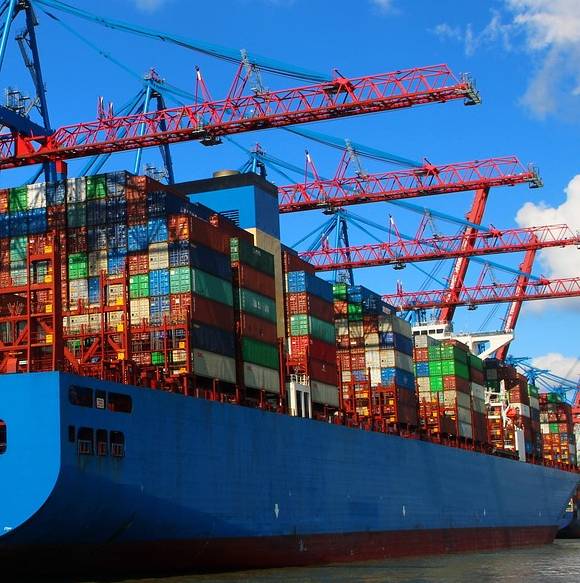
Key Markets
ReMA’s advocacy resources demonstrate how recycled materials are good for businesses and communities, and essential to economies and supply chains around the world. Explore our efforts on behalf of Recyclers.

Key Regulatory Issues
Imports into China
- New Import Standards for “Recycled Raw Materials” (translations provided by CMRA)
- CMRA Accreditation for “Recycled Raw Material” Exports
- Announcement of August 14, 2020
- Administrative Procedures
- Application
- Solid Waste and Environmental Pollution Prevention and Control Law of the People’s Republic of China
- ReMA does not have an English translation available, but we provide an information translation of the pertinent articles
- 2020 Scrap Import Quotas
U.S.-China Trade
Imports into Hong Kong
Imports into China
- New Import Standards for “Recycled Raw Materials” (translations provided by CMRA)
- CMRA Accreditation for “Recycled Raw Material” Exports
- Announcement of August 14, 2020
- Administrative Procedures
- Application
- Solid Waste and Environmental Pollution Prevention and Control Law of the People’s Republic of China
- ReMA does not have an English translation available, but we provide an information translation of the pertinent articles
- 2020 Scrap Import Quotas
U.S.-China Trade
Imports into Hong Kong

Indonesia Key Regulatory Issues
- Scrap Import Regulations
- Number 83 of 2020 Third Amendment to the Regulation of the Minister of Trade Number 84 of 2019 Concerning Non-Waste Import Provisions, issued on October 15, 2020
- Number 84 of 2019 Provisions on Import of Non-Hazardous and Toxic Waste as Industry Raw Material, issued on October 18, 2019
- Number 92 of 2019 Amendment to Regulation of the Minister of Trade Number 84 YEAR 2019 Regarding Provisions on the Import of Non-Hazardous and Toxic Waste as an Industrial Raw Material, issued on December 19, 2019
- Joint Decree on the Implementation of Imports of Non Hazardous and Toxic Waste as Industrial Raw Materials, issued on May 3, 2020 [Bahasa Indonesia] [Unofficial English translation]
- Exporter Registration
Malaysia Key Regulatory Issues
All companies that ship plastic scrap to Malaysia – which must be in compliance with the Basel Convention – must provide to their Malaysian customers a copy of an export accreditation issued by the supplier’s home country.For companies based in the United States, the U.S. Government does not issue such accreditation letters, but the Malaysian Government will accept an accreditation letters from ISRI, which are issued to members only.

Key Regulatory Issues
- India’s 2021 budget lowers ferrous scrap import tariffs to 0% and lowers copper scrap import tariffs from 5% to 2.5%.
- India permits post-industrial and/or pre-consumer polyethylene to be imported into Export-Oriented Units and Special Economic Zones.
- Pre-Shipment Inspection Agencies (PSIAs): The Directorate General of Foreign Trade announced on June 30, 2020, that the current list of approved PSIAs has been extended to September 30, 2020.

Key Regulatory Issues
- U.S. Mexico Canada Agreement (USMCA)
Resources & Documents
Additional International Resources
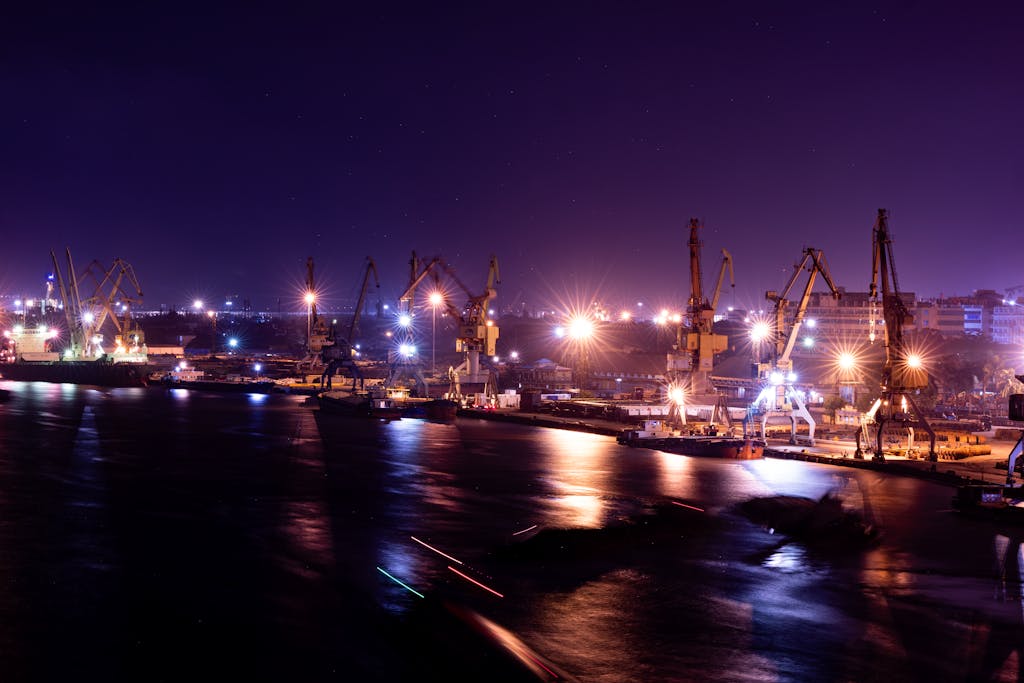
Trade Compliance
ReMA is a staunch advocate for responsible recycling, regulatory enforcement and improving the quality of materials in compliance with our internationally-recognized Specifications. Trade contributes to the well-being of the planet and provides a vital lifeline for communities around the world to take part in the growing demand for recycled materials, and compliance begins here at home.
Trade Compliance
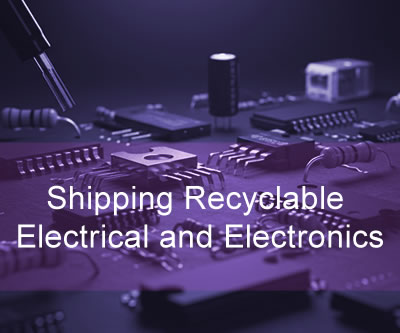
Shipping Recyclable Electrical and Electronics
Basel Convention E-Amendments Set to Enter into Force on January 1, 2025
Read Post
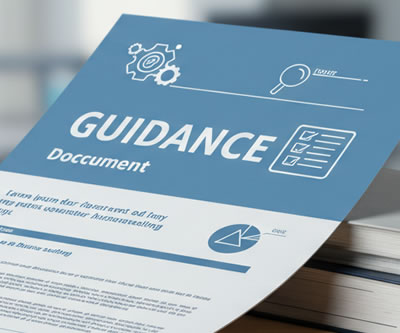
Tariff Guidance Document
A dedicated Q&A resource for ReMA members, providing insights and analysis on trade and tariff policies.